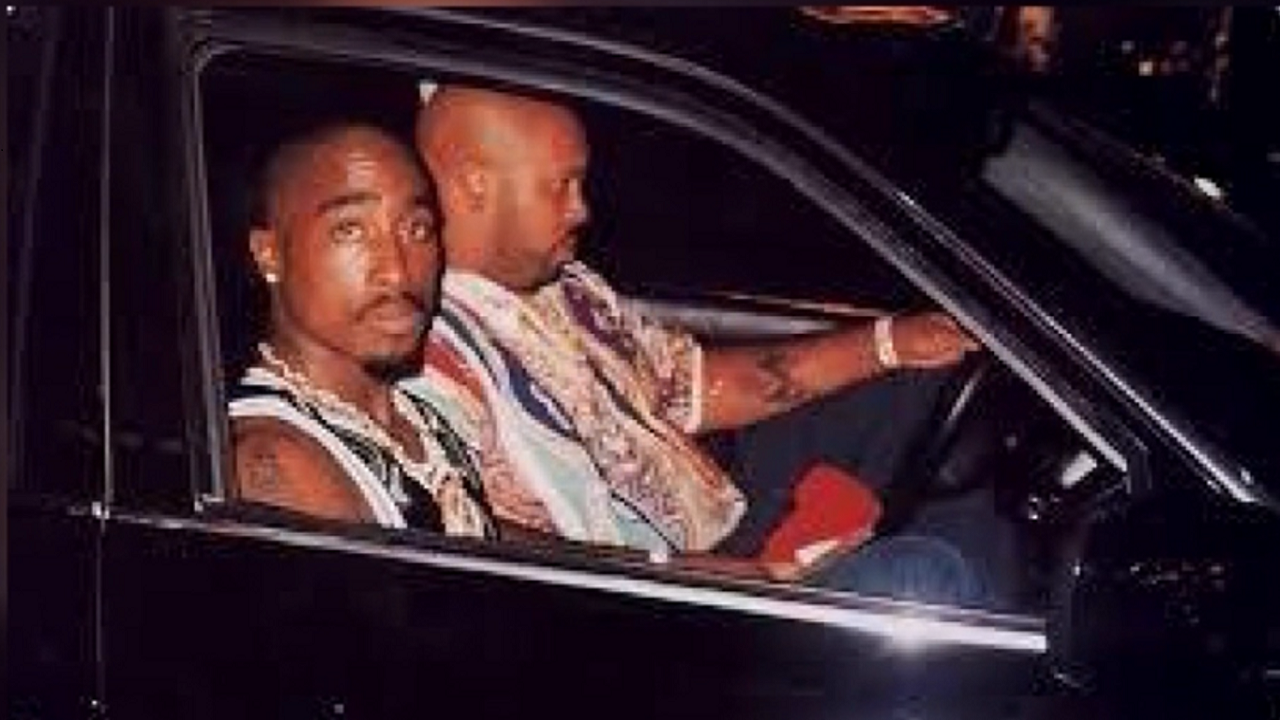Former Gang Leader Indicted in Tupac Shakur's Murder
Tupac with Duanne “Keffe D” Davis, the alleged killer of Tupac in a car.
Background of the Crime
Over 25 years have passed since the death of Tupac Shakur, a monumental figure in the hip-hop scene. On September 29, 2023, the saga took a significant turn. Las Vegas prosecutors reported the indictment of Duane Keith Davis, a former gang leader and self-described gang member, for Shakur's murder. The events leading up to Shakur's tragic demise began on the night of September 7, 1996, when Shakur, along with Death Row Records' CEO, Marion Suge Knight, attended a Mike Tyson fight at the MGM Grand Garden Arena. An altercation occurred post-fight that led to a series of events culminating in the drive-by shooting that took Shakur's life.
Details of the Incident
On that fateful night, Tupac and Suge Knight left the MGM to head to a post-fight party at a local nightclub. Simultaneously, members of the Southside Compton Crips, led by Duane Davis, were informed about a brawl involving Orlando Anderson, Davis's nephew, and members of Death Row Records. Motivated by revenge, Davis quickly procured a firearm with plans to retaliate against Knight and Shakur. Subsequently, Davis, along with Terrence Brown, DeAndre Smith, and Orlando Anderson, began their hunt in a white Cadillac. They later found and opened fire on a Black BMW, driving by Knight with Shakur in the passenger seat. Shakur was transported to the University Medical center where he succumbed to his injuries six days later.
The Indictment
The Las Vegas police renewed their focus on the case after Davis admitted his involvement in multiple media interactions. This confession was further substantiated by his 2019 memoir, "Compton Street Legend," where he detailed the events leading up to and following Shakur's murder. Clark County's grand jury charged Davis with murder using a deadly weapon, including a gang enhancement. He remains in custody without bail.
A Stalled Investigation and Public Interest
Although Shakur's killing was a major event, no charges were filed for nearly three decades. Speculations, conspiracy theories, and public interest continued to grow, further propelling Shakur to a legendary status in the hip-hop world. Davis's admissions reignited the case, providing tangible leads to the investigation.
Marc DiGiacomo, a chief deputy district attorney in Clark County, claimed Davis as the "on-ground, on-site commander" responsible for Shakur's murder. Details from Davis's memoirs and interviews suggest a thorough plan that followed the code of the streets, escalating gang rivalries, and interactions within the entertainment industry.
The question remains if these new developments will finally bring closure to a chapter that has remained open for over two and a half decades.

